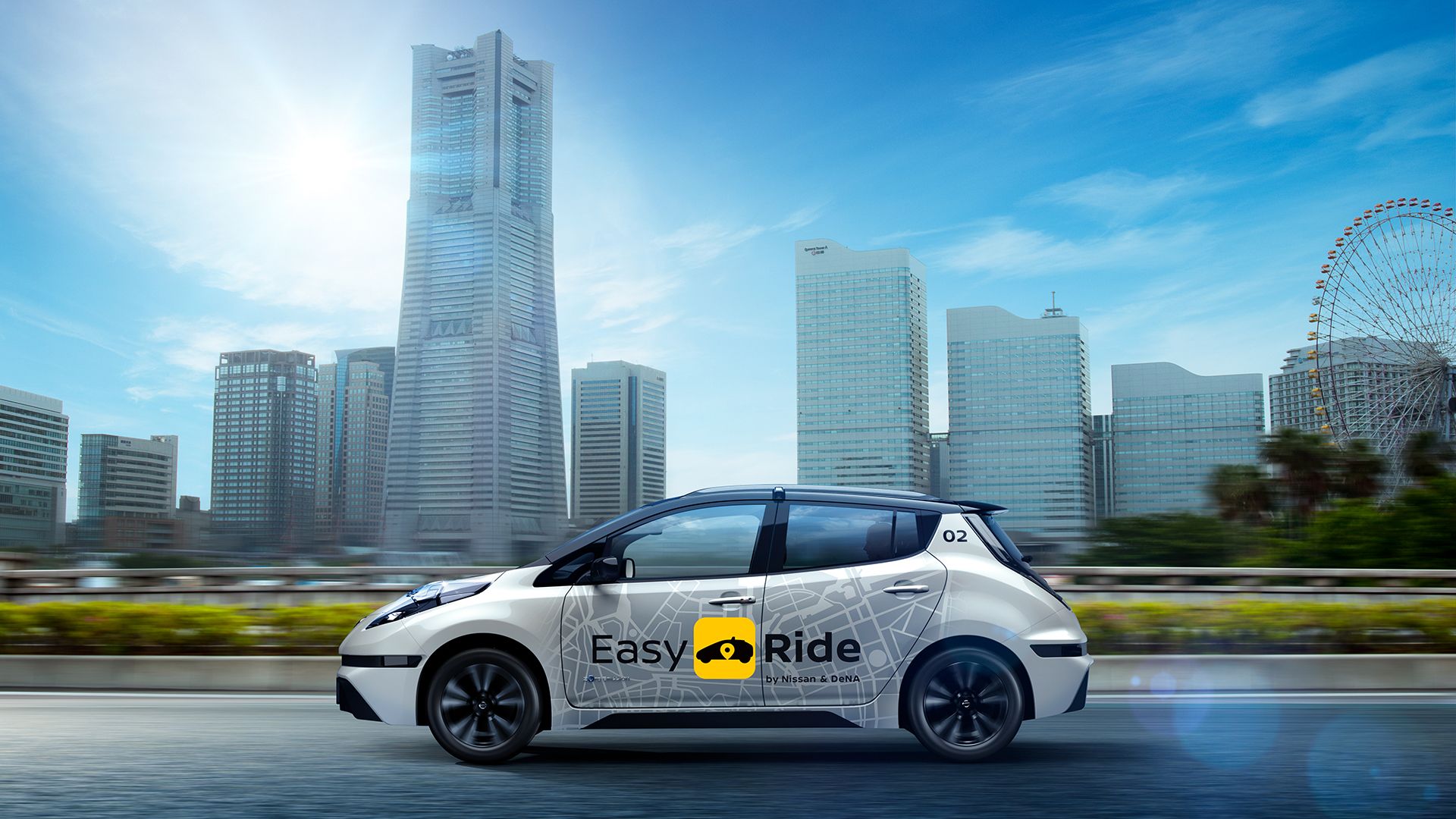The Renault-Nissan-Mitsubishi Alliance has big plans for its future, and among those plans include hopping aboard the fledgling robo-taxi business. The auto conglomerate has announced plans to pursue shared driverless vehicles, and it’s already in the market for potential tech partners that can come in and help in its development. The alliance has yet to unveil its future partners in the field, but an announcement is expected to come in the near future, signaling the start of a push to become a bigger player in the world of autonomous driving.
Is it at all surprising to see the Renault-Nissan-Alliance dive head-deep into these waters? A better question might why it took the conglomerate this long to make its plans known in the field of shared mobility. We already know that the three companies have combined to invest $8.3 billion on research and development on potential future technologies, including shared driverless vehicles that it’s now trying to get off the ground with the help of tech giants.
The alliance is playing it smart by bringing in tech firms into the mix and tapping into their own resources in the process. Other automakers have made similar moves, including Volvo and Daimler, which has teamed up with Uber Technologies, and most recently, Volkswagen and Hyundai, which announced last week a similar partnership with startup tech firm Aurora to develop vehicles for Moia, the VW Group’s new ride-hailing network.
The intentions of the Renault-Nissan alliance is similar. It already has over 1,000 employees developing connectivity services for the group, and the man in charge of it, Ogi Redzic, believes that the company can benefit from a partnership with a full-fledged tech firm that’s also looking to make headway into this sphere. “Tech companies aren’t going to build and sell cars to our current customers,” he said. “For them, autonomous technology enables and enhances their main businesses. We envision that partnerships are possible.”
The goal across the board is to have around 15 models that come with autonomous driving tech by 2022, including one model that will be marked as fully capable of driving by itself. The alliance has also agreed to divide the research and development workload to help accelerate its plans. Renault, for example, has partnered with French transportation-services provider Transdev to develop self-driving fleets. For its part, Nissan is already working with mobile games editor DeNA Co. to develop autonomous cabs that can be tested in Japan in 2019. Then there’s the partnership with Microsoft, which was announced last year to help develop back-end cloud technology that can be used on autonomous vehicles.
References
Read more Renault news.
Read more Nissan news.
Read more Mitsubishi news.

